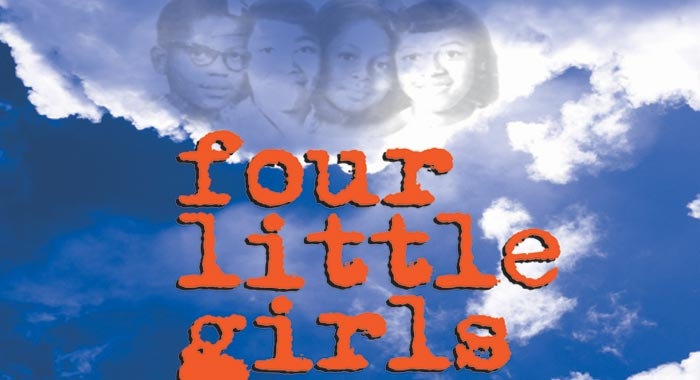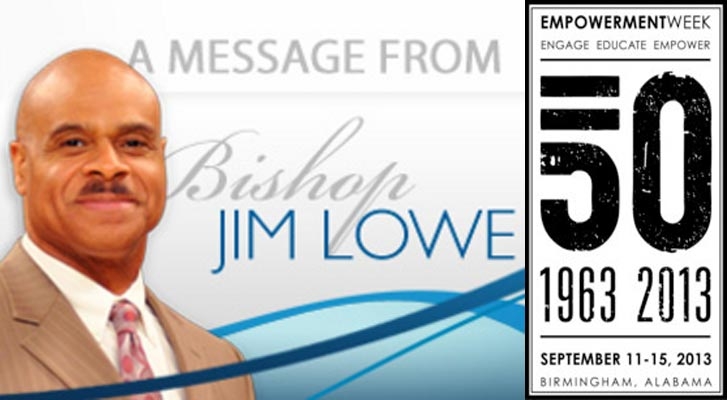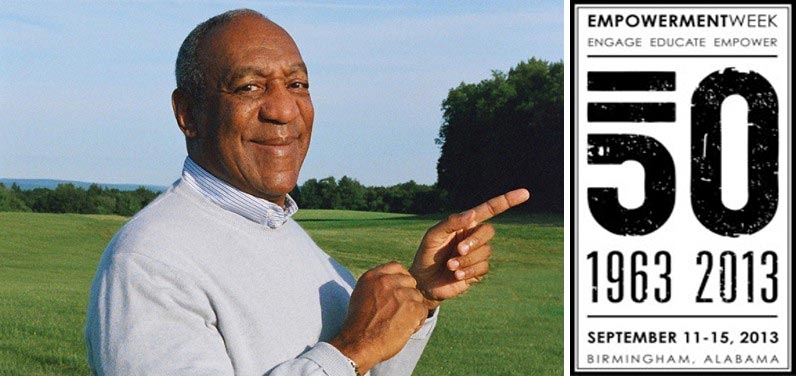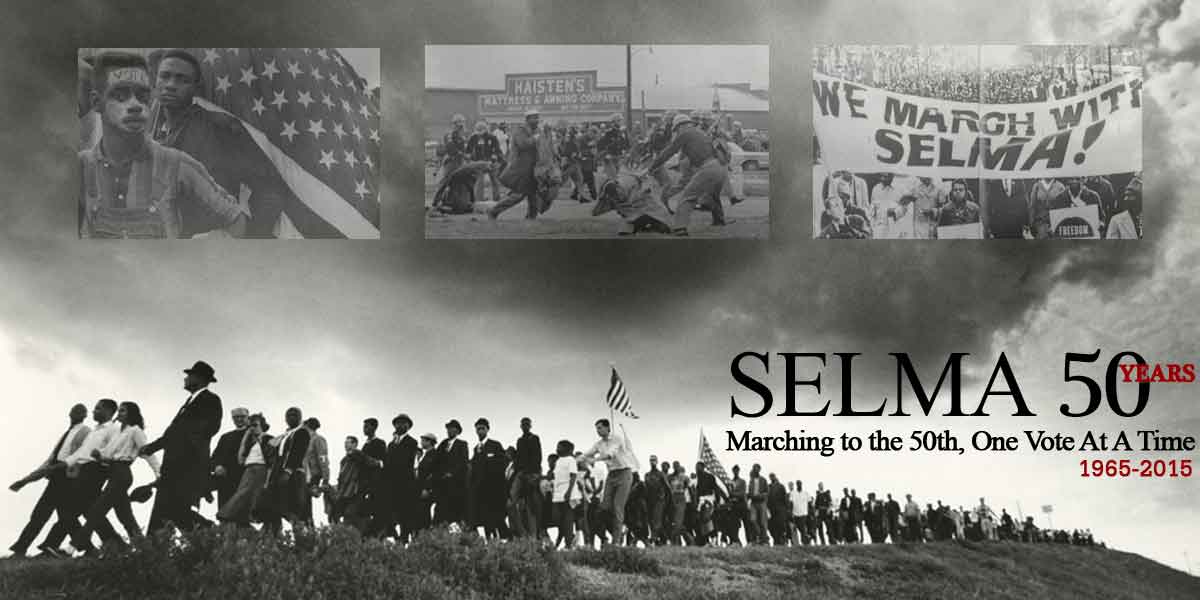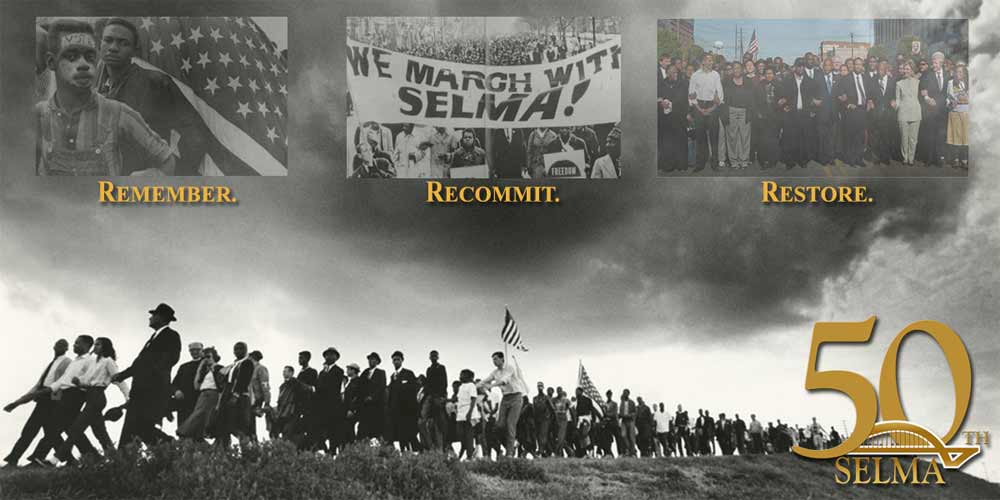A staged reading of the play, Four Little Girls: Birmingham 1963, by Christina M. Ham, will be performed on stages in Birmingham and across the nation to commemorate the 50th anniversary of the Sixteenth Street Baptist Church bombing.
The play is an initiative of Project1Voice, a New-York based theater arts company, part of a nationwide event of staged readings happening simultaneously at several venues across the nation on the actual 50th anniversary of the bombing.
Each year for the past four years, its signature event “1Voice/1 Play/1 Day,” brings theaters in its network together to perform one play or musical by an African American artist simultaneously on the same day,
“What we’re doing this year is designing our program to specifically bring young people to the theater, where their voices can be heard, and where they can have access to the arts, which opens up doors and possibilities for them, says Erich McCall, Project1Voice’s executive director.
“We’ve chosen to do two things: introduce them to art and teaching them history at the same time. Not only commemorating the bombing that changed the Civil Rights Movement, but we’re also teaching young people about American history,” he says. “Although its painful, we need to embrace the entire American narrative. Underlying theme is how our connection to the past tells us where we are now and helps us move forward, and how lack of knowledge can hinder us.”
The performances takes place on Sunday, Sept. 15, the actual date of the church bombing 50 years ago. Each show provides and question-and-answer session where both young actors and the audience can talk about the historical significance of the bombing and events surrounding it.
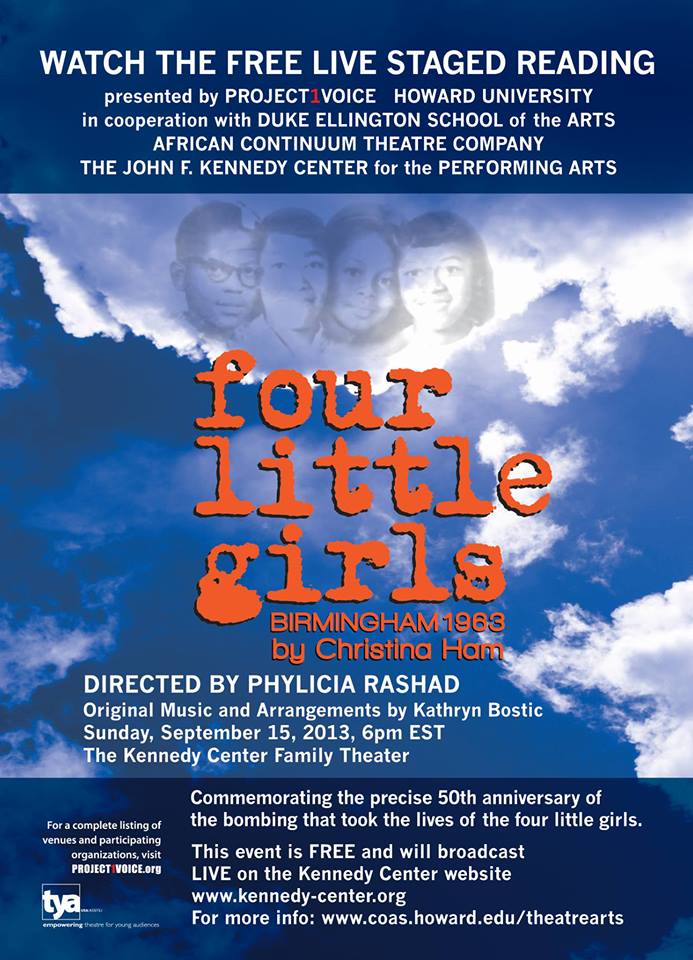 The main national stage-reading performance of “Four Little Girls: Birmingham 1963” also takes place at the Kennedy Center’s Millennium Stage in Washington, D.C. Tony-Award winning actress Philycia Rashad, who rose to fame as Claire Huxtable on The Cosby Show, is directing the performance. African American singer-songwriter/composer Kathryn Bostic has created original music and arrangements for the production.
The main national stage-reading performance of “Four Little Girls: Birmingham 1963” also takes place at the Kennedy Center’s Millennium Stage in Washington, D.C. Tony-Award winning actress Philycia Rashad, who rose to fame as Claire Huxtable on The Cosby Show, is directing the performance. African American singer-songwriter/composer Kathryn Bostic has created original music and arrangements for the production.
The main Birmingham performance is produced by ArtPlay – the Alys Stephens Center’s home for education and outreach at the University of Alabama at Birmingham (UAB). The play is directed by Alicia Johnson-Williams and the youth ensemble of her Make It Happen Theatre Company. The performance will take place in the Alys Stephens Center’s Jemison Concert Hall, 1200 10th Ave. South Sirote Theatre Sunday, Sept. 15, at 2 p.m.
Before the performance, at 12:30 p.m., U.S. Attorney Eric Holder and former Secretary of State Condoleezza Rice, Ph.D., will hold a discussion about the bombing with UAB President Ray L. Watts. After a 20-minute intermission, the ASC and ArtPlaywill present Christina M. Ham’s “Four Little Girls: Birmingham 1963” play at 2 p.m. in the Alys Stephens Center’s Jemison Concert Hall.
Artists’ Focus on Telling, Translating the Power of History
Sunday’s play is one of several events and performances taking place in Birmingham that are focused on the tragic but historic incident that proved to be pivotal turning point in the modern Civil Rights Movement.
As people around the nation pause to reflect on the church bombing, artists are helping audiences in Birmingham understand and interpret attitudes and actions that led up to the bombing and its dramatic aftermath. This staged reading — where actors in period clothing read their lines from a script — takes place during Empowerment Week, the City of Birmingham’s official commemoration of the 50th Anniversary of the church bombing and the entire 1963 Birmingham Movement.
Commissioned and originally produced by Stepping Stone Theatre in St. Paul, MN, “Four Little Girls: Birmingham 1963” examines the realities of a segregated, politically charged climate through the lives of the children during these extreme circumstances to end racial discrimination and inequality.
The play by Birmingham-native Christina Hamm portrays Denise McNair, Carole Robertson, Cynthia Wesley and Addie Mae Collins, four girls who are bursting with promise and excitement for the future. They share their hopes and dreams against the backdrop of the American Civil Rights Movement and the tumultuous Spring of 1963. That year saw children their age take part in massive nonviolent street demonstrations as some city leaders, bent on maintaining racial segregation, met them with fire hoses and police dogs, and jailed thousands of them.
But the girls’ dreams come to a tragic end when a bomb explodes at 10:22 a.m. on Sunday, Sept. 15, 1963, killing them as they prepare for the church’s youth day service themed, “A Love That Forgives.”
The deaths of the girls, and two boys who are shot to death later the same day, so shocked and grieved the nation that political leaders worked faster to produce what would become the Civil Rights Act of 1964 and the Voting Rights Act of 1965.
Birmingham’s stage director Johnson-Williams says she and her cast are honored to be part of the Project1Voice initiative on such an important date in history and such an important topic.
“I consider the cast members as ambassadors to commemorate this important historical event. That’s a tall order. But they have brought an abundance of talents and resources, and have truly committed to the task of making this one of the best performances,” she said of her ensemble and production crew. “I think you will see that in their work on stage.”
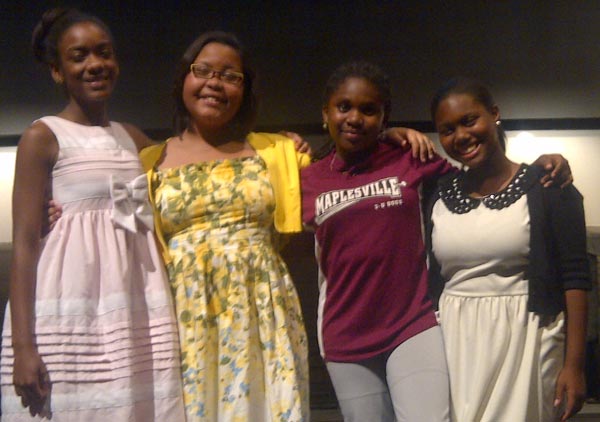 |
|
From left, KaLyn Williams as Denise McNair, Lillian Davis as Carole Robertson, |
As an African American whose mother experienced humiliation of racial segregation and lived through the bombing, Johnson-Williams says it’s a privilege to use her artistic gifts to commemorate the four girls who didn’t have the opportunities the Civil Rights Movement gave to her.
“Whenever there is an opportunity to convey a positive message through my art and talent, I step up to the plate. And this is one of the most significant opportunities I’ve had in my career,” she says.
McCall says the play is an opportunity to use the transformative power of art to help people understand the importance of history in their lives.
“We should look at history like people look at fine art or literature. We re-examine it time and time again, and learn something from it each time. Like art, we have to continue to review history, to look at what worked and what didn’t work, with the architects of America who did not live up to the ideals of the Declaration of Independence or the Emancipation Proclamation. But what’s so brilliant about the Movement was that it did move us to that point where it did.
The theater is a perfect place to bring people together to create thought process and find ways to create change through theater, especially for the youth.
“We have to let young people know that the Movement in 1963 was a movement of young people who were willing to die for a cause. They might not see the next day, but they were making a way for the future generations so they wouldn’t have to go through what they went through,” he says. “I hope today’s youth realize they have to be more engaged in the policy-making process, how it holds power over this country. Voting is definitely a way we can empower ourselves. Also, knowing our history and what rich stock we come from is a source of power, pride and information for them.”
About the National Performance
The Kennedy Center’s Millennium Stage performance will be streamed live on its website at 6 p.m. Eastern Time/ 5 p.m. Standard Time (access the website here, and scroll down to the link). It will be available for review on the site for 30 days after the Sept. 15 performance.
About Project1Voice
Project1Voice is a not-for-profit performing arts service organization founded by New York-based actor/producer and Birmingham native Erich McMillan-McCall to nurture, promote, strengthen, and preserve the legacy and tradition of African-American theater and playwrights.






